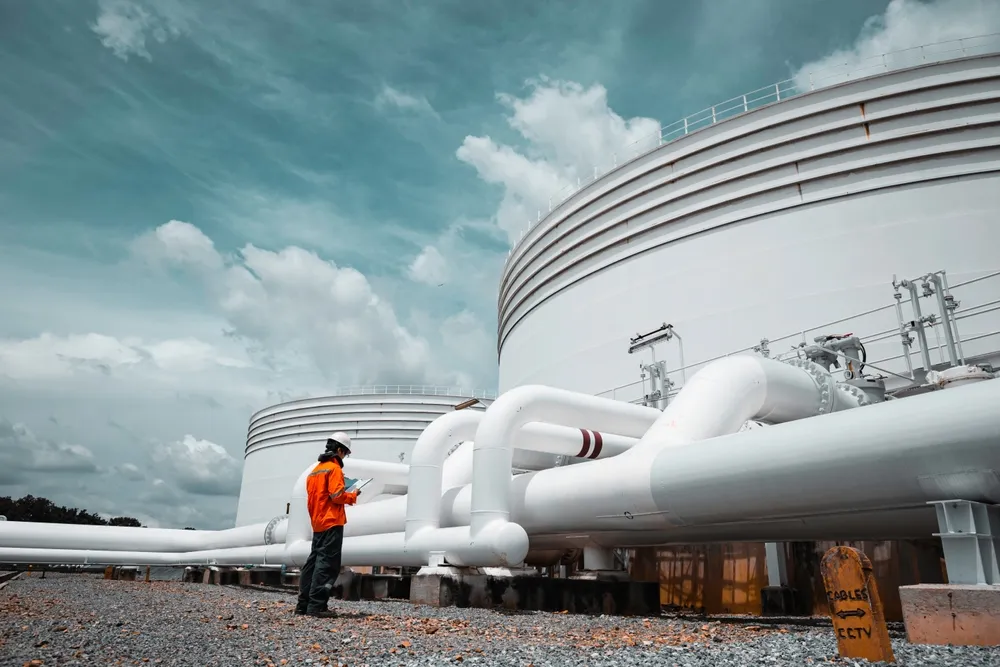Fluid Flow Control Systems for the Process Industry Course
Introduction:
In industrial processes and chemical transformations, modern fluid flow control methods are essential for effective operation. These systems manage the quantity of fluid, measure parameters such as temperature and pressure, and ensure maximum flow during emergencies.
Pumps and compressors typically incorporate flow control systems to regulate rates and pressures, as well as motor loads through variable-speed motors or couplings. Valves play a crucial role in fluid flow management, performing functions like pressure reduction, rate control, back pressure control, and pressure relief.
Fluid flow measurement is a critical variable in transporting fluids through pipelines and piping systems. This data, often computerized, helps in investigating anomalies through flow balances computed on an hourly, daily, or weekly basis. The course on Fluid Flow Control Systems covers practical aspects of industrial fluid measurement, including error analysis in results.
Objectives:
By the end of this Fluid Flow Control Systems for the Process Industry course, participants will be able to:
- Classify the physical properties of fluids necessary for different flow measuring techniques.
- Understand various measurement methods, including their advantages and limitations.
- Apply principles of international standards and codes related to fluid flow measurement.
- Select appropriate measurement techniques, estimate accuracy, and identify potential errors.
- Provide recommendations for diagnosing system faults based on flow monitoring.
Training Methodology:
- Workshops
- Case Studies
- Simulations
- Group Discussions
- Interactive Sessions
- Problem Solving Exercises
Course Outline:
Unit 1: Fluid Flow Control in the Process Industry
- The role of fluid flow management in the process industry.
- Methods for quantifying mass flow through various geometries.
- Mechanical, non-intrusive, and indirect flow measurement techniques.
- International standards for fluid flow measurement equipment.
- Properties of liquids, gases, and multiphase fluids.
- Gas laws and liquid volume expansion.
Unit 2: Fluid Flow Measurement Techniques
- The relationship between pressure and fluid movement.
- Two-phase flow and flow paths for two-phase fluids.
- Devices for measuring velocity in gases and liquids.
- Differential pressure-operated flow meters.
- Volumetric flow meters.
- Mass flow measurement: mass flow meters, converging nozzle meters, probes, and tracers.
Unit 3: Measurement-Related Issues
- Probe and tracer applications.
- Readout instruments.
- Overview of proving systems.
- Fluid balance studies.
- Audit flow measurement methodology.
Unit 4: Instrument Installation and Accuracy
- Influences of instrument installation on result accuracy.
- Understanding accuracy requirements and associated complications.
- Working with uncertainties and statistical methods.
- Calibration of instruments for various tests.
- Maintenance practices for measuring equipment.
- Latest advancements in measurement technology.
Unit 5: Flow Control for Pumps, Compressors, and Fans
- Control systems for fluid flow in pump stations.
- Gas flow control in compressor stations.
- Flow control in pipelines.
- Monitoring devices and future trends in pipeline flow control.


















